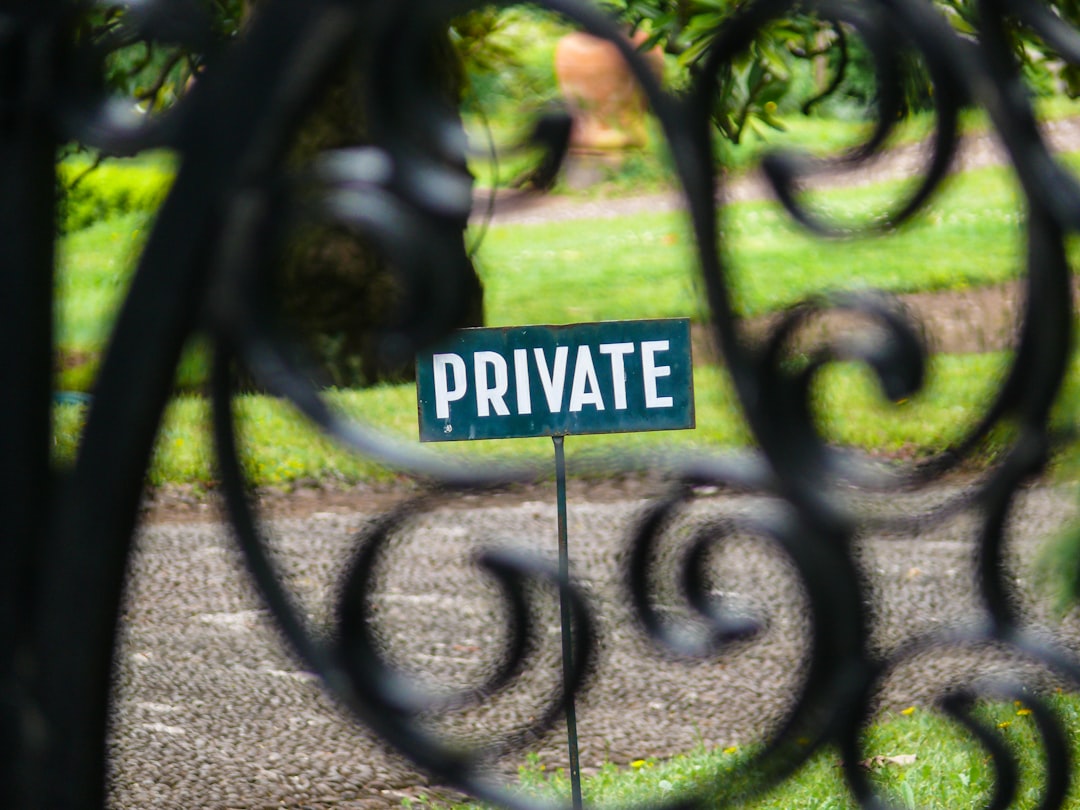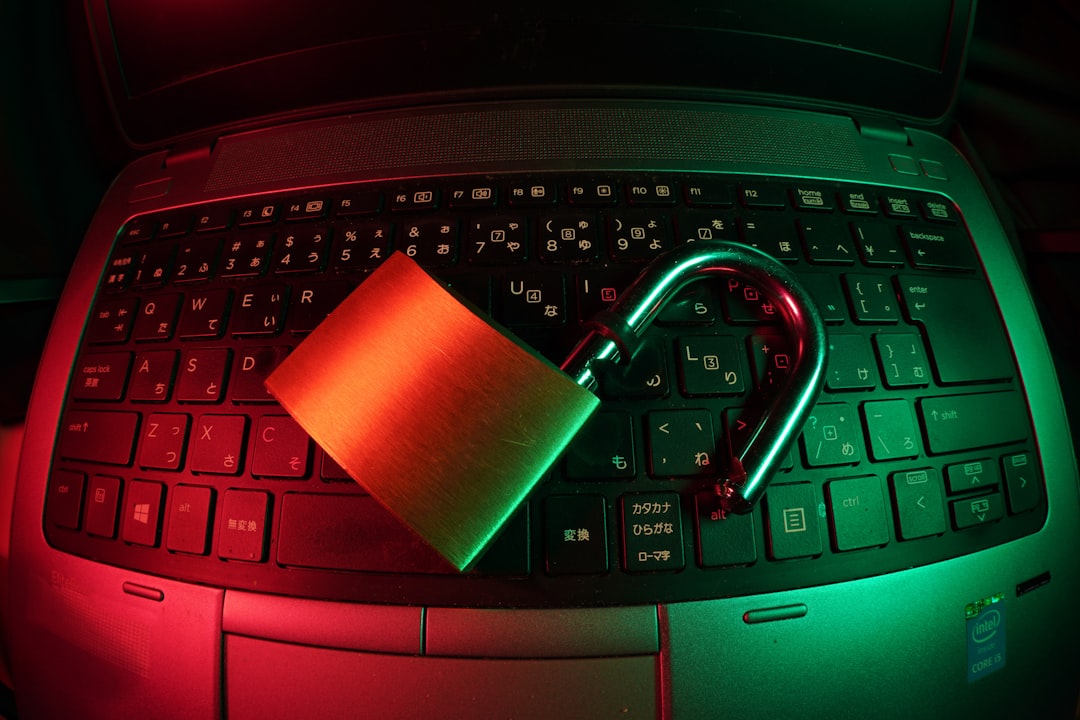Vocaroo is a simple, web-based voice recording tool that has become popular for its ease of use and accessibility. With no need to create an account or download software, users can quickly record and share audio through a shareable link. But with simplicity comes important questions about data privacy, reliability, and online safety—especially when sensitive information is involved. In this article, we’ll explore whether Vocaroo is truly safe to use, examining its strengths and weaknesses to give you a complete understanding of the platform’s safety profile.
TL;DR
Vocaroo is a convenient and user-friendly web tool for recording and sharing voice messages. While its ease of access is a major plus, it lacks strong encryption and long-term storage policies, which raises some safety and privacy concerns. It’s best used for temporary, non-sensitive communications and not for private or professional purposes. Always be cautious about the type of content you share using this platform.
What Is Vocaroo and How Does It Work?
Vocaroo allows anyone to record, listen to, and share voice clips directly from their browser. There is no sign-up process required. Once you hit “Record,” Vocaroo captures your audio, processes it on its servers, and provides a link to share or download the file.
Here’s how a typical Vocaroo experience works:
- Go to Vocaroo.com.
- Click on the “Record” button and speak into your device’s microphone.
- After finishing, you can listen to your recording, download it, or get a link to share it.
It’s this quick process and lack of barriers that have made Vocaroo popular for informal communications, especially in educational settings and casual conversations.
Is Vocaroo Safe From a Security Standpoint?
When evaluating the safety of online tools, it’s essential to assess them from several security angles—data encryption, access control, server reliability, and susceptibility to malware or phishing.
1. No User Accounts, No Tracked Data
Vocaroo does not require users to create an account or input personal information. This reduces the risk of personal identity theft. However, it also means there is minimal user verification or data tracking for safety purposes.
2. Lack of End-to-End Encryption
One of the biggest downsides to Vocaroo is its lack of end-to-end encryption. This means your audio recordings could potentially be intercepted or accessed by unauthorized users while being uploaded or shared. As a result, using Vocaroo to send sensitive, private, or confidential information is strongly discouraged.
3. Temporary File Storage
Vocaroo does not store recordings indefinitely. If a file remains unaccessed for a period of time, it may be deleted automatically. This minimizes permanent data storage risks but also adds unpredictability to file accessibility.
4. Malware and Phishing Risks
Because Vocaroo doesn’t moderate user-generated content, malicious users could theoretically upload harmful or deceptive audio links. Always take care when clicking on Vocaroo links from unknown sources, just as you would with any other file-sharing platform.

Privacy Implications of Using Vocaroo
Beyond data security, privacy is another important aspect to consider. Vocaroo has a very basic privacy policy that doesn’t specify comprehensive details about how data is handled. This lack of transparency may be a concern for users who care about digital rights and online anonymity.
Here are some privacy-related concerns:
- Audio files can be accessed by anyone with the link – There is no password protection or user authentication required.
- No control over file deletion – You may not be able to remove your file once it’s uploaded, especially if you didn’t save the deletion link.
- IP Address Logging – While not confirmed, like many web services, Vocaroo may log IP addresses for diagnostic purposes.
When using Vocaroo, operate under the assumption that conversations are semi-public unless encrypted or properly secured on another platform.
Situations When Vocaroo Is Safe to Use
Despite its limitations, Vocaroo can be safe to use in specific, low-risk situations. Here are some examples:
- Sending short audio reminders or messages to friends
- Submitting casual voice assignments for school or class
- Adding audio content to presentations or creative projects
As long as the content is not private, sensitive, or legally important, Vocaroo serves as a reliable temporary tool. For higher-stakes communication, more secure platforms are a better choice.
When Not to Use Vocaroo
There are scenarios where Vocaroo should never be used, including:
- Sharing medical, financial, or legal information
- Conducting business communications involving contracts or sensitive documents
- Handling confidential data, even for schools or institutions

These types of content require secure storage, strong access controls, and encryption—none of which Vocaroo currently provides.
Alternatives to Vocaroo for Sensitive Use Cases
If your use case demands better security and privacy, consider these alternatives:
- WhatsApp – Offers end-to-end encrypted voice messages and wide availability.
- Signal – Known for top-tier data privacy and encryption, excellent for secure communications.
- Google Voice – While not fully end-to-end encrypted, allows more control and integration with Google’s ecosystem.
- Zoom or Microsoft Teams – Secure meeting platforms with built-in voice recording features.
These tools might require more setup than Vocaroo but offer significantly enhanced safety and compliance with privacy regulations.
Final Thoughts: Is Vocaroo Safe?
In conclusion, Vocaroo is best described as a low-security, high-convenience tool. It excels in simplicity but falls short when it comes to security and privacy features. Whether Vocaroo is “safe to use” depends entirely on what you plan to use it for.
If the content is harmless, the stakes are low, and you’re in need of a quick solution, Vocaroo is perfectly adequate. However, if you’re handling any information you wouldn’t publicly share, then Vocaroo is not the platform for you.
Best Practices for Safe Use:
- Never share sensitive information via Vocaroo.
- Set expectations that recordings are temporary and potentially public.
- Always verify links from unknown sources before clicking.
Being informed is the first step to staying safe online. Use Vocaroo wisely and always keep data privacy in mind.


